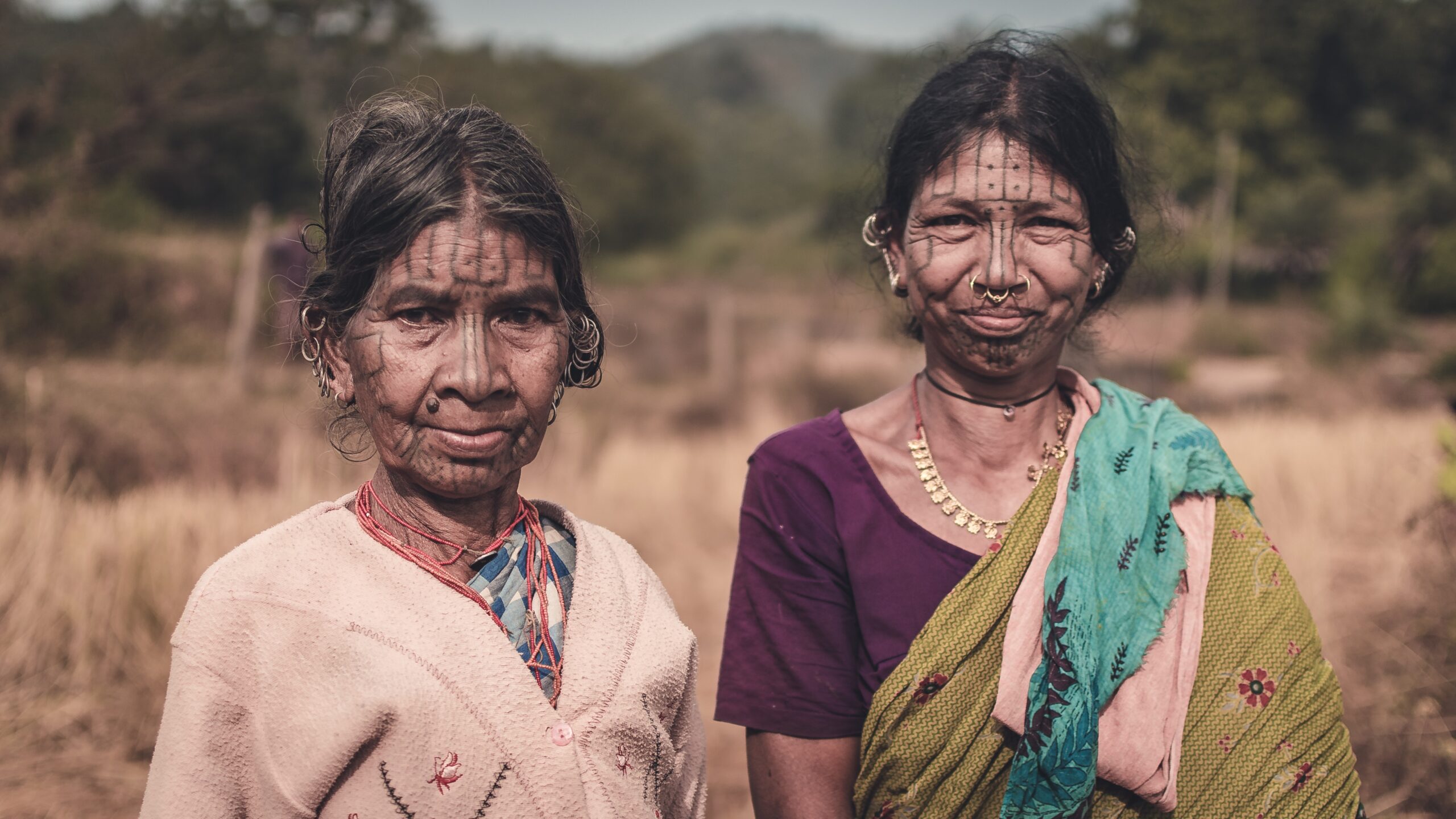The Bagata tribe is one of the aboriginal tribes of Odisha and Andhra Pradesh. No evidence can define precisely the origin of Bagata as per ‘The Archaeological Survey of India.’ However, they are shrinking in population density over the decades.
‘Bagata’ (*comes from the word ‘Bhaktas’) refers to devoted warriors, which is coming from their loyalty towards the previous leader of the land. Bagata is one of the cultural inheritors of the Indo-Aryan tradition of ancient India. The intersection of Dravidian and Indo-Aryan cultures reflects through their social and cultural curriculum. They ancestrally belong to the southern part of India.
A Quick Overview on the beliefs Bagata Tribal Community
Bagata is the designated schedule tribe of southern India, practicing Hinduism as their religion. Bagata has a community of approx. 146,000 (Census 2011) people belong to Andhra Pradesh, Odisha, Karnataka, and Tamil Nadu. 98.6% of the total population worships Hindu eternal gods and goddesses. They are a hedonistic mindset, and an exogamous clan system makes you feel fantastic when you met with them in person.
Bagata are further classified into two different distinct categories – Vaishnavites and Saivites. Bagata preserves their culture and heritage for decades. The surnames are saluted under the clan lines and are related to either plants or animals.
Few examples of renowned family trees of this community are – Hatiyar (elephant), Belhar (monkey), Samudia, Bamia, Tiruar (bird), Sarnia (flute), Chuniar, and Kuardar. These matrimonial clans are termed Bansa, each bansa possesses individual sets of customs and practices.
Bagata are also known by several names as per the region such as Bagat, Bagatha, Bagodi, Bagota, Bakta, Bhagada, Bhakta, Bogad, Bogada, Padal, Rana, etc. As we know, there are 70 different types of scheduled tribes in Odisha; so it’s very convenient to have their own dialect language. The language they communicate is also termed Bagata and used to write in Bagata script. They also use secondary languages as per the region and beliefs like Telegu, Oriya, Bengali, Hindi, Adivasi, Kubi, Mundari, Kui, Munda, Garo, Santali, Tamil, etc.
Most of the Bagatas are mountainous people isolated from the local residents. This South Asian tribal community is congested only in the following territories – Odisha (especially in Sundergarh with a scattered group), Andhra Pradesh, Karnataka, Telangana, Tamil Nadu, Kerala, Puducherry, etc.
Despite more than 98% of Hinduism followers, Bagata also consists of Buddhism, Jain, Christianity, Muslims, and other religions. If you want to pay a visit and taste the dignity of hierarchy, you must check out – Koraput, Mayurbhanj, Keonjhar, and Sambalpur.
The lifestyle of Bagata Tribes
Bagatas is intensely famous for their festival, dance as well as traditional music. Especially, Dhimsa dance is a prodigy of Bagata folks practices on almost every festive occasion. The cherry on the top is eight to eighty (men and women indistinctly) integrated into groups and performed this sacred dance style. One of the most amazing facts to learn about Bagata is that many family trees in the community are nuclear in structure.
The Bagata wedding is based on negotiation, but you can also observe neighboring Hindu influences such as the evolution of the dowry custom, which was not practiced in the past in the community. Inter-caste marriage, cross-cousin marriage, widow remarriage, and sororal polygyny are the grants as per the community credence. Divorce is also permissible as per the conduct of the code of Bagata.
Bagata women keep their hair long, often tied to a beautiful bun, and decorate it with hair clips, flowers, etc. Bagata men are dark in body complexion with thick lips. They use the handmade bamboo split wooden comb to comb and other conventional handmade attires.
Bagatas are very much orthodox about their community as well as custom bound. They used to obey the culturally established norms to maintain social harmony. They enjoy their leisure time by performing traditional dances and songs at different festivals and the marriage ceremony. They celebrate Dushera as a prime festival each year.
Bagatas is the warrior of ancient times, but as the day passed, they are getting isolated as well as exploited, and occupational diversity occurred. Nowadays, to make their living, many of them either depend on agriculture or become fishermen. However, some Bagata also migrated to work as wage labor.
Conclusion
Bagata is the frank and heart-warming people of India. They are a bit stereotyped about their culture and religious point of view in a positive manner. In the year around 1976, they were significantly more dominating than other tribal clans in Andhra Pradesh.
They need medical and educational aid in those remote areas. Unlike most other tribes in India, they also used to follow a patriarchal and patrilineal society. They are descendants of ancient Hindu customs, and also they are suffering from caste discrimination even now.
| Subject | Description and Relevant Data |
| Name of the Community | Bagata |
| Primary Language | Telugu |
| Secondary Language | Bagata, Oriya, Bengali, Hindi, Adivasi, Kubi, Mundari, kui, Munda. Garo, Santali, Tamil |
| Primary Religion | Hinduism (98.62%) |
| Population | 146000 |
| Alternative Name | Bagat, Bagatha, Bagodi, Bagota, Bakta, Bhagada, Bhakta, Bogad, Bogada, Padal, Rana etc. |
| Evangelical | NA |
| People Cluster | South Indian Tribal |
| Region of Location | Odisha, Andhra Pradesh, Karnataka, Telangana, Tamil Nadu, Kerala, Puducherry, Delhi. |

